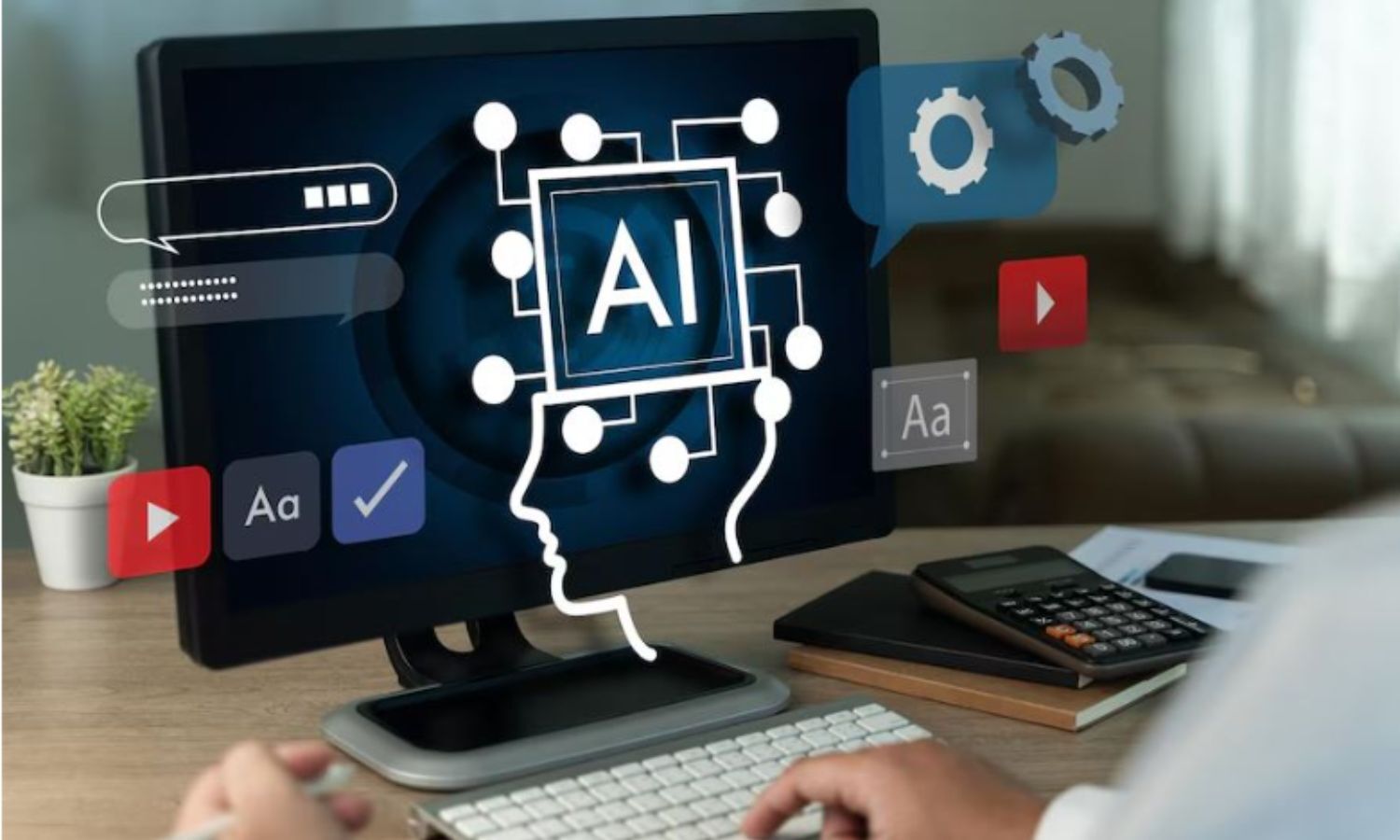Summary
Explore the top AI tools and essential skills every data engineer needs in 2025 to stay aheadcovering data pipelines, ML integration, cloud platforms, and automation.
Source: The Hans India

AI News Q&A (Free Content)
Q1: What are the top AI tools that data engineers should learn to stay competitive in 2025?
A1: In 2025, data engineers are expected to integrate tools powered by AI to enhance data pipeline efficiency and machine learning integration. Key tools include AI-augmented data quality management tools that improve compliance and analytics performance. These tools provide automation in detecting and recommending data quality rules, crucial for modern data ecosystems. Additionally, AI-powered software tools that assist in software development are essential, as they significantly boost productivity, especially for smaller code snippets, though they may require human intervention for more complex projects.
Q2: How does AI assist in managing data quality in data warehouses?
A2: AI assists in managing data quality in data warehouses through AI-augmented data quality management (DQM) tools. These tools automate the detection and recommendation of data quality rules, enhancing compliance and performance. However, current tools predominantly focus on data cleansing and preparation rather than leveraging AI to improve data quality. Features like SQL-based rule specification and AI-driven recommendation explainability are limited, suggesting a need for tools that better integrate AI capabilities in DQM.
Q3: What impact do AI-generated solutions have on software architecture and productivity?
A3: AI-generated solutions significantly increase the productivity of software engineers by assisting in code generation and problem-solving. However, their effectiveness diminishes with the complexity of the project. While AI tools enhance productivity for smaller code snippets, they may result in lower quality solutions for larger, complex problems, necessitating human intervention for problem decomposition and integration to maintain software quality.
Q4: How do AI tools align with the expertise levels of developers, and what roles do they play in development workflows?
A4: AI tools must align with developers' expertise levels to drive meaningful adoption. Experienced developers often view AI as a junior colleague or content generator, while less experienced ones see AI as a teacher. This suggests that AI tools should be tailored to match the mental models and needs of developers at different experience levels to enhance their effectiveness and adoption in development workflows.
Q5: What are the essential skills data engineers need to integrate AI tools effectively?
A5: Essential skills for data engineers in integrating AI tools include proficiency in data quality management, understanding of machine learning integration, and expertise in cloud platforms. Knowledge of automation techniques and AI-driven data governance principles is also crucial. These skills ensure data engineers can effectively use AI tools to optimize data pipelines and enhance analytics performance.
Q7: What are the challenges and limitations of using AI tools in data engineering projects?
A7: Challenges in using AI tools for data engineering include managing the complexity of AI-generated solutions, ensuring data quality, and aligning tools with the expertise levels of engineers. Limitations also arise in the form of reduced effectiveness of AI tools in complex problem-solving and a lack of comprehensive features for AI-driven data quality management. Addressing these challenges requires better integration of AI capabilities and continuous skill development among data engineers.
References:
- The Impact of AI-Generated Solutions on Software Architecture and Productivity: Results from a Survey Study
- From Data Quality for AI to AI for Data Quality: A Systematic Review of Tools for AI-Augmented Data Quality Management in Data Warehouses
- From Teacher to Colleague: How Coding Experience Shapes Developer Perceptions of AI Tools





